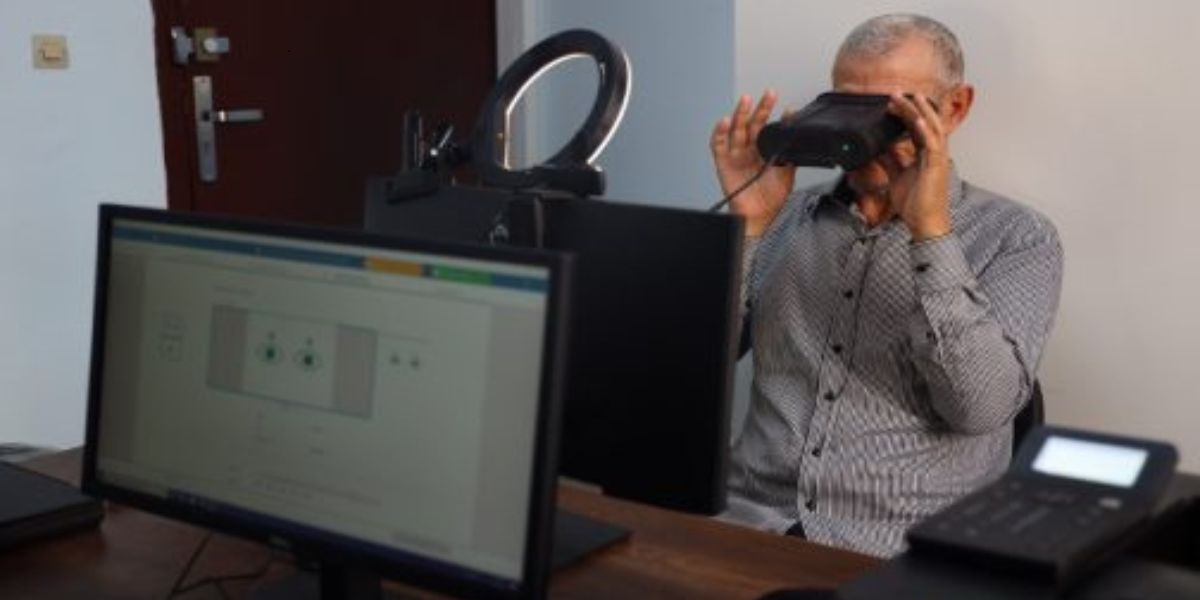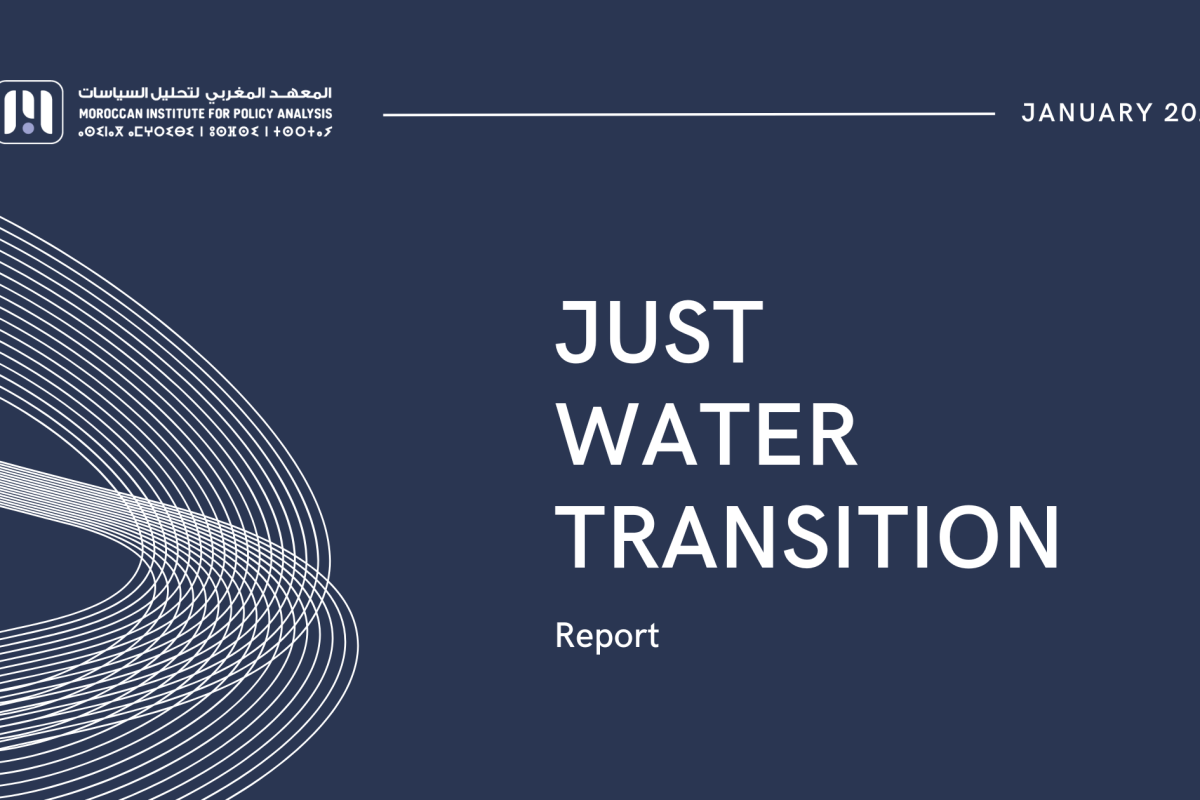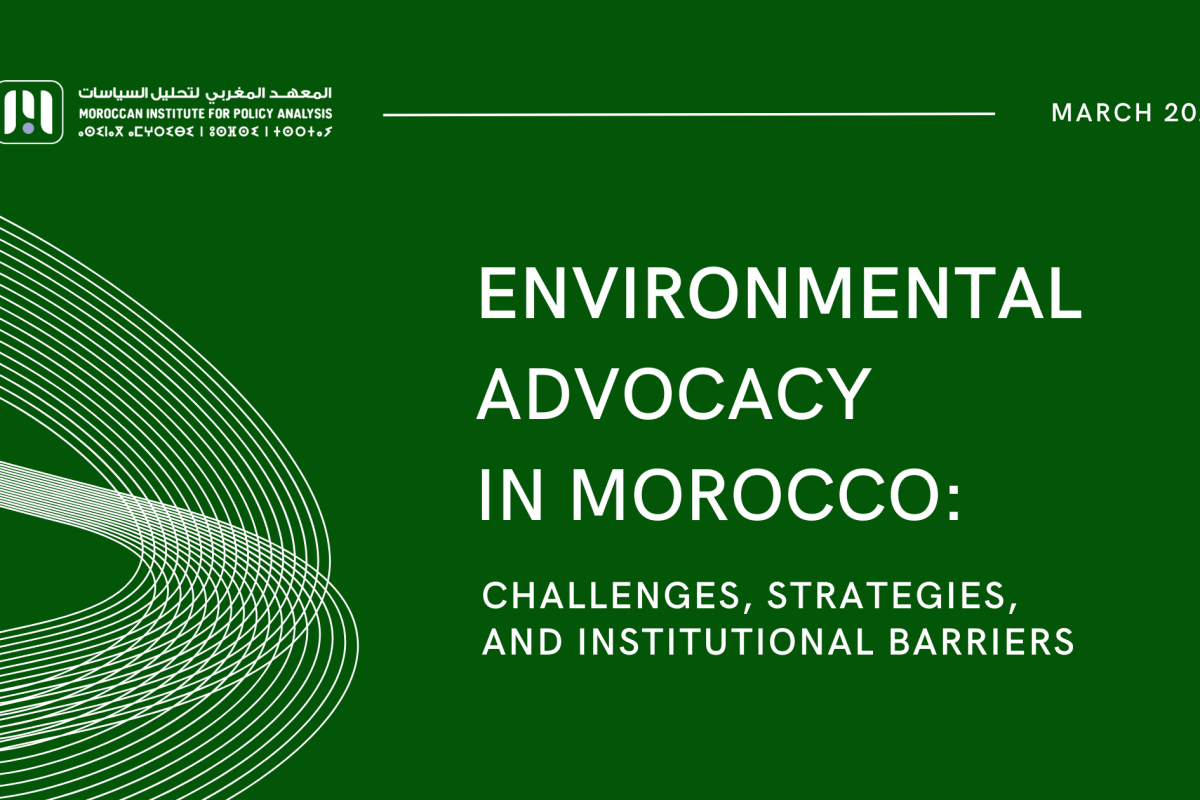Despite the 2021 diplomatic crisis between the two governments, German-Moroccan business-to-business relationships remained largely unaffected.
Download article
Introduction
The deepening partnership between Germany and Morocco has been driven by the private sector, providing an enduring foundation for cooperation. During the 2021 diplomatic crisis over Berlin’s position toward Rabat’s autonomy plan for the Sahara region, German-Moroccan business-to-business relationships remained largely unaffected. The fraying of global supply chains is now bringing Germany and Morocco into a closer economic partnership. The sudden supply shocks caused by Russia’s war against Ukraine have accelerated that process. In the years just prior to the COVID-19 pandemic, global supply chains were already shortening as companies and countries in Europe placed greater emphasis on resilience rather than on just-in-time inventories serviced by distant Asian suppliers. This structural transformation meant bringing sourcing and manufacturing closer to European end-markets. The drive to “nearshore” while maintaining a competitive advantage has provided an impetus to German and other international firms to locate manufacturing facilities in Morocco, which has focused on cultivating an appropriate business ecosystem.
In terms of trade, Germany ranks as Morocco’s eighth largest export market, with Morocco’s 2021 exports to Germany totaling $1.2 billion.. Germany is Morocco’s seventh largest import supplier with German goods totaling sightly over $3 billion. Despite a slight widening of the gap during 2021 due to COVID19, the trade imbalance between Morocco and Germany is relatively narrow because Moroccan exports to Germany between 2010 and 2019 grew at more than doublethe rate of growth of German exports to Morocco. The near parity reflects Morocco’s growing importance as a key participant in German manufacturing value chains. During the same 2010-2019 period, German direct investment in Morocco increased from €0.18 to €1.32 billion.
The 2013 signing of the Rabat Declaration by Germany and Morocco’s foreign ministers helped catapult German-Moroccan economic cooperation to a higher level. While the declaration emphasized “institutional reforms on democracy and civil society, human rights and good governance,” it also committed to the two countries to “harnessing potential in the areas of trade and investment in the fields of renewable energy, tourism, agribusiness, electronics, mechanical industry, medical equipment, automotive and aerospace industries.” Although accompanied by less ceremony and pomp than the subsequent 2016 signing of a strategic partnership agreement between China and Morocco, the Rabat Declaration paved the way for deeper German engagement with Morocco’s economy that has witnessed a 600% rise in German investment in Morocco from 2010 to 2021.
The Foundation: German-Moroccan Automotive Value Chains
The bedrock of the German-Moroccan economic partnership are the automotive manufacturing value chains. Automotive products, both vehicles and parts, comprise Morocco’s largest category of exports to Germany, constituting about 21% of overall exports to Germany prior to Russia’s invasion Ukraine. The rise of Morocco’s automotive sector was facilitated by Rabat’s 2014-2020 Industrial Acceleration Plan (Plan d’accélération industrielle), which, along with Rabat’s concurrent development of high-speed, high-volume capacity transportation, incentivized foreign automotive manufacturers to locate their plants in Morocco, with German firms represented among them. Morocco’s automotive manufacturing ecosystem revolves primarily around Renault and Peugeot’s factories supported by approximately 200 international suppliers operating their own local manufacturing plants,
Morocco’s importance in automotive supply chains has been recently highlighted by the sudden shutdown of Ukraine’s automotive wiring harness manufacturing plants following Russia’s 24 February 2022 military invasion. Essential components for automobile manufacturing, wiring harnesses are devices that bundle wires in a protective housing to optimize space. Performing the vital function of protecting a vehicle against electrical fires and short circuits that could result from vibrations and abrasions, no passenger car or commercial vehicle can be built without them. The inability of Ukraine’s factories to produce the critical component has already led to a wiring harness shortage, forcing manufacturers in Germany, such as BMW, Mercedes-Benz, Porsche, Volkswagen, and Ford, to cut production at their plants.
German automakers have looked to Morocco’s wiring harness factories to fill the shortfall. Among these are the factories of the German firm Leoni, a global leader in the manufacture wires, cables and wiring systems. A decade ago, Leoni was designated core supplier to Groupe PSA for just-in-time delivery Peugeot-Citroën factories in France, Spain, Austria, Russia and Slovakia. An early participant in the rise of Morocco’s automobile manufacturing ecosystem, Leoni has established ten production plants in Morocco. Between 2017 and 2022, Leoni invested more than €60 million in the construction of several manufacturing sites across the kingdom, employing about 17,400 Moroccans. Leoni has increased production in its Morocco plants to cover lost output from Ukraine.
Rabat’s 2014-2020 Industrial Acceleration Plan, with strategic foresight, also set out to strengthen the resilience of its automotive wiring sector by attracting new manufacturers to establish factories in Morocco. In 2018, another leading German supplier of automotive wiring and cables, Kromberg & Schubert, opened a €41.5 million plant in Kenitra, employing over 3,000 Moroccans. When Czech car manufacturer Škoda, a wholly owned subsidiary of Volkswagen, faced a shortage of wiring harnesses due to the disruption of its Ukrainian supply, Škoda turned Kromberg & Schubert’s Kenitra plant to secure supplies, and the plant increased its production accordingly.
Germany’s most recent participant in Morocco’s automotive ecosystem is the automotive cable and unlocking systems manufacturer Stahlschmidt, which in June 2022 inaugurated first phase operations in what will be its new €11 million plant in the Automotive City area near Renault factory in the industrial zone of the Tanger Med port. The size of Stahlschmidt’s overall investment may indicate that the company anticipates shifting its Polish and Hungarian manufacturing operations to Morocco. Germany’s ability to increasingly rely on Morocco derives from the overall robustness of Morocco’s automotive manufacturing ecosystem. Renault, which operates a factory in Casablanca in addition to its Tanger Med factory, sources 60% of the inputs for its Moroccan manufactured cars locally based suppliers. In 2021, prior to Russia’s invasion of Ukraine, car manufacturing conglomerate Stellantis, which also operates Peugeot’s factory in Kenitra, planned to increase its purchase of Moroccan-made parts from €600 million to €3 billion by 2025.
Morocco’s careful cultivation of its automotive manufacturing ecosystem has led Morocco to play an increasingly important role in associated higher value-added, manufacturing processes, notably the production of semiconductors. Franco-Italian STMicroelectronics, Europe’s leading integrated device manufacturer, operates an important auto chip production facility in Bouskoura, on the outskirts of Casablanca and connected by rail link to the rest of the country’s auto manufacturing chain. Expanding the scope of Morocco’s semiconductor manufacturing capacity, the company inaugurated a new production line in its Bouskoura plant in 2021 to manufacture auto chips for American electric car pioneer Tesla. Through EV autochip production, Morocco has positioned itself to become North Africa’s first all-electric passenger car manufacturer. In August 2021, Stellantis announced that its German auto manufacturing subsidiary Opel would begin electric vehicle (EV) production in Morocco at the Kenitra plant of its sister company Peugeot.
Morocco’s entrance into EV manufacturing will have constructive spillover effects for the development of its mining sector. Morocco possesses the world’s 11th largest cobalt reserves and ranks as the 13th largest exporter of the hard-to-get metal needed to make Lithium-ion batteries used in electric vehicles. Moroccan reserves potentially could service Opel’s EV production. Seeking to secure its own cobalt supply amidst rising EV demand in Europe, German automaker BMW signed a €100 million contract in July 2020 with Moroccan mining company Management to supply 20 per cent of the cobalt required to manufacture BMW’s next generation electric drive trains.
Beyond the Automotive sector: Engineering and Business Outsourcing
While Morocco progresses to more advanced manufacturing processes, its labor cost remains quite competitive, being about one quarter of the labor cost in Spain and half that of the major Eastern European countries such as Poland. Morocco’s subsequent 2021-2025 Industrial Acceleration Plan places a special emphasis on technological innovation and Morocco’s continued progress in higher value-added manufacturing is attracting more German firms, such as Opel. The German automaker’s production of electric cars in Morocco points to another important trend – engineering outsourcing. Opel’s new two-seater EV model was also developed at Stellantis’s Africa Technical Center (ATC) in Casablanca, the design and engineering R&D laboratory originally founded by Groupe PSA. The engineers at the ATC are now responsible for motor control theory for the entire conglomerate. Utilizing its growing pool of engineers, Morocco has created five engineering outsourcing centers – in Casablanca, Rabat, Tangiers, Fes, and Oujda whose services the German firm FEV and other international companies utilize. Rabat anticipates the engineering outsourcing sector in Morocco to grow at 23% compounded annual growth rate through 2025.
Morocco has undertaken a parallel effort in developing business solutions, information technology, and customer relations outsourcing. Beyond the five aforementioned locations, the government has also invested in the outsourcing sector in Agadir, to promote development in the country’s more outlying regions. The major breakthrough in this sector also involved German-Moroccan business-to-business relations. In 2018, Germany’s Bertlesmann and Morocco’s Saham merged their customer relationship management businesses to form Majorel, which has become a market leader in Europe, the Middle East, and Africa, for customer experience management and business process outsourcing. One of the fastest growing industries in Morocco, business outsourcing earns $1.4 billion in export turnover. The industry also dovetails with the growing trend of major corporations using Morocco as a sales and distribution hub for their North African and West African markets. German firms from BASF to Bayer to Bosch have established marketing and distribution centers in Casablanca. Accordingly, the German logistics and freight company Dachser is expanding its storage capacity in Morocco to handle the growing demand.
Conclusion
Private sector business cooperation between Germany and Morocco has provided a steady foundation for relations between the two states. The growing trend of German firms establishing manufacturing and distribution facilities in Morocco is now accelerating the deepening of the relationship. In marked contrast, Germany and Morocco’s two green hydrogen projects, which evolved within a development cooperation framework facilitated by the German Development Agency GIZ and financed by the German development bank KfW, came to a virtual standstill as a result of the 2021 diplomatic crisis. Now the leading project in Morocco is an $850 million green ammonia plant being developed by the Ireland-headquartered hydrogen technology firm Fusion Fuel and built by the Athens-based Middle East construction company Consolidated Contractors.
Germany’s growing need to create more resilient and cost-effective value chains will lead German firms from an increasingly wide range manufacturing industries to consider relocating to Morocco. By shifting from a development framework to Euro-Africa connectivity perspective focused on the advancement of private sector manufacturing value chains, Berlin could utilize the opportunity to develop a strategic partnership with Morocco that would enhance Germany’s geopolitical position in the Mediterranean Basin and Africa.
Professor Michaël Tanchum is a non-resident fellow with the Middle East Institute’s Economics and Energy Program. He teaches at Universidad de Navarra and is a senior fellow at the Austrian Institute for European and Security Policy (AIES). The author would like to thank Rocco Schwerfel for his research assistance.


